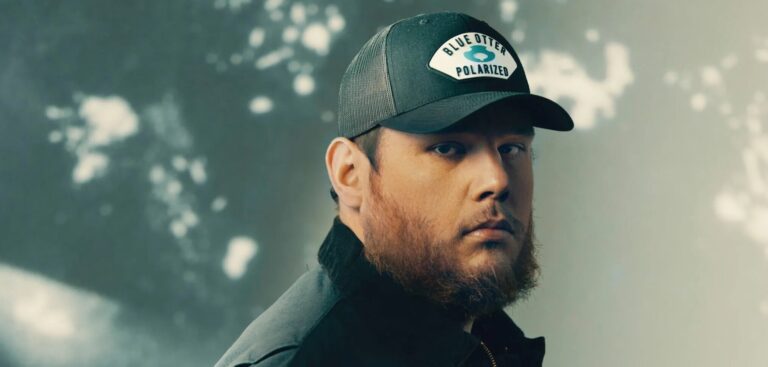Perhaps this fall is a time for sleeper hits. While much of the Billboard Top 10 is occupied by songs over a year old, spot number seven belongs to “Fast Car” by country singer Luke Combs — a rendition of folk singer-songwriter Tracy Chapman’s 1988 release. Why is a song over three decades old suddenly playing on the pop radio station 102.7?
It feels right, however; there’s something oddly prescient about the song. It’s almost as if Chapman could see through the blur of time and technology, combining the economic collapse of small towns today, the opioid epidemic in rural America, and the hopelessness that many young people feel about their future. In just over four minutes, Chapman conveys these emotions with the tender plucking of a guitar and her own gentle voice.
Despite that, Chapman’s song isn’t the viral one. That honor belongs to none other than Combs, a bombastic country superstar whose songs regularly rack up hundreds of millions of streams. With Southern twang oozing out of every syllable and a trademark gritty belting style, Combs was not the man I would’ve chosen to sing Chapman’s understated masterpiece.
As with most of my predictions, though, I would’ve been wrong. Combs managed to do the song justice, marrying the knowing lyrics with fast-paced Nashville singing that plants the narrative squarely in the 21st century. The result is a despairing rush of a song that wrestles with fate, much unlike the resigned helplessness with which Chapman sang the lyrics.
“Fast Car” is about an unnamed young woman in a small town who drops out of high school to take care of her alcoholic father. The only relief from the drudgery of every day is the time she spends with her significant other, driving in a “fast car,” dreaming of a life far away.
“So, I remember when we were driving, driving in your car / Speed so fast, I felt like I was drunk,” sings Combs. “City lights lay out before us/And your arm felt nice wrapped around my shoulder.” Eventually, however, these hopes fade away as her partner follows the same dark path of alcoholism and unemployment, perpetuating the cycle of poverty and disillusionment.
By the time the four and a half minutes are up, the main character’s emotions pale from yearning intensity into apathetic defeat; as the ending lyrics signify, she no longer much cares whether her partner lives or dies in his “fast car,” and indeed whether she does either. Needless to say, “Fast Car” is a grim song and a haunting portrait of the inescapability of fate.
“Fast Car” was a hit back in the ‘80s, peaking at number six on the Billboard Top 100 and netting Chapman a Grammy Award. Today, however, the popularity of Combs’ cover drew controversy; at a time when country music is already being criticized for its lack of diversity, the fact that a white, straight man’s cover of a Black, queer woman’s song became a hit rather than the original raised eyebrows.
Chapman and Combs, nevertheless, have been nothing but complementary of each other’s abilities. “I’m happy for Luke and his success and grateful that new fans have found and embraced [the song],” said Chapman in a statement to Billboard. As the songwriter and publisher, Chapman received most of the royalties, and streams for her original have jumped 44% since the release of the rendition.
I do think there is something in the critiques of the new version, especially those who point out that it took Combs — an archetypal country star, in every sense of the term — to get “Fast Car” back on the radio. However, a new generation, including myself, was able to discover Chapman’s songwriting because of Combs’ voice.
I personally think that the two editions are complementary rather than competitors. While Chapman’s song is reminiscent of a quiet drive in the rain, streetlights flickering through the windshield, Combs belts the lyrics out like he’s speeding down the highway in that beat-up car. While Combs is the girl when she’s young and fiery, Chapman is the adult looking in the rearview mirror, wondering when it all went wrong.
I initially wondered why Combs would even choose to cover “Fast Car” — I didn’t think it fit the bold, brash declarations of love and admiration for beer and pickup trucks. However, I realized that the genius of Chapman’s songwriting ability lies in her ability to weave entire tales in just a few words. No matter the singer, the song finds a way to personally squeeze on your heartstrings.
































